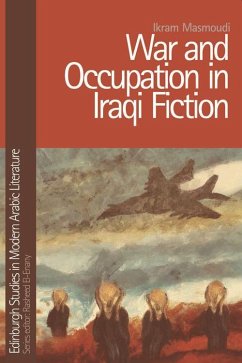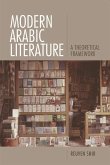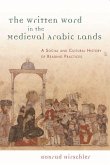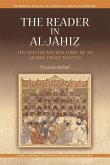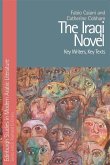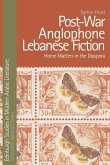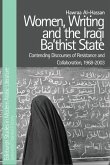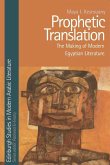'With Masmoudi's astute analyses of a group of recent fictional works by Iraqi writers, we enter the disastrous worlds of Iraqi men and women trapped in spirals of conflict and desertion, of bravery and cowardice, of homes and camps. If fiction does indeed give insights into "nations", then Masmoudi's study provides its readers with a vivid portrait of an Iraq whose recent history amidst its different regions and religious affiliations - quite apart from dictatorships and foreign invasions - leads us to wonder what its future may hold.' Roger Allen, Emeritus Professor, University of Pennsylvania Examines tangible experiences of war and occupation in recent Iraqi fiction The last three decades in Iraqi history can be summarised in these words: dictatorship, war and occupation. Following the fall of Saddam's regime, Iraqi novelists are not only writing about the occupation and current disintegration of Iraq - they are also revisiting previous wars that devastated their lives. Ikram Masmoudi examines how recent Iraqi fiction about war depicts the Iraqi subject in its relation to war, coercion, subjugation and occupation. The theoretical concept of the Homo Sacer, the killable, as defined by Giorgio Agamben, is used to explore the lives and the experiences of different war actors such as the soldier, the war deserter, the camp detainee and the suicide bomber depicted in in their 'bare life' as sacred men doomed to death in the necropolitical context. Key Features . Explores fictional works by a new generation of leading Iraqi authors such as Ali Badr, Shakir Nuri, Najm Wali and Hdiya Hussein . Provides a historical contextualisation of the Iraqi novel before and after the fall of Saddam Hussein's regime . Presents an analytical and critical study of a selected corpus of novels about war and occupation in Iraq Ikram Masmoudi is Assistant Professor of Arabic Studies at the University of Delaware. She was educated in Tunisia and France and has taught at Aix-en-Provence, Princeton, Duke and Middlebury College. She translated Beyond Love by Hadiya Hussein and is translating The Green Zone by Shakir Nuri. Cover image: Screams by Wissam al-Jazairy Cover design: [EUP logo] www.euppublishing.com

